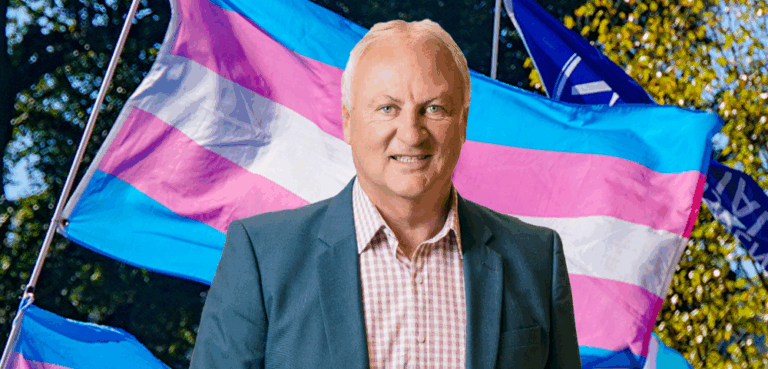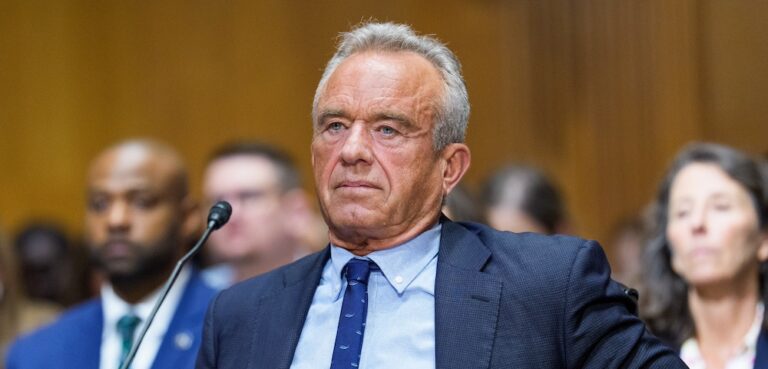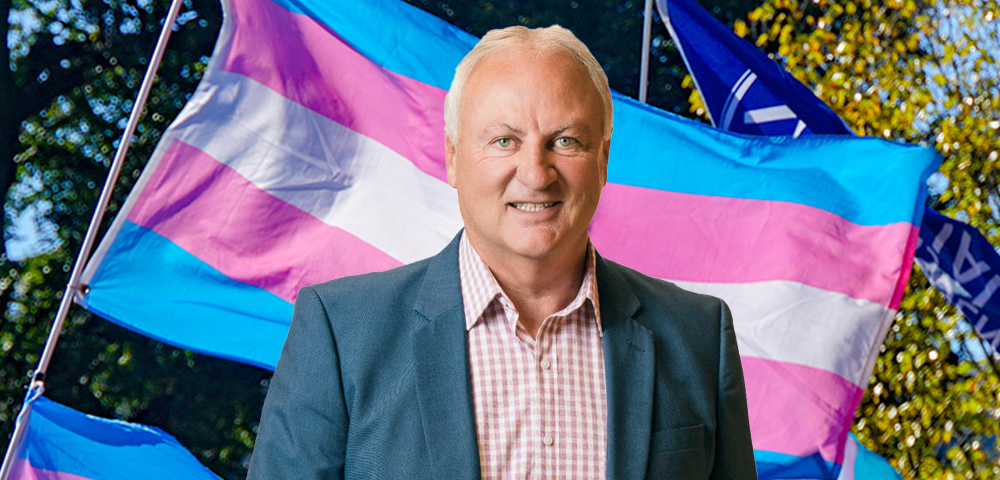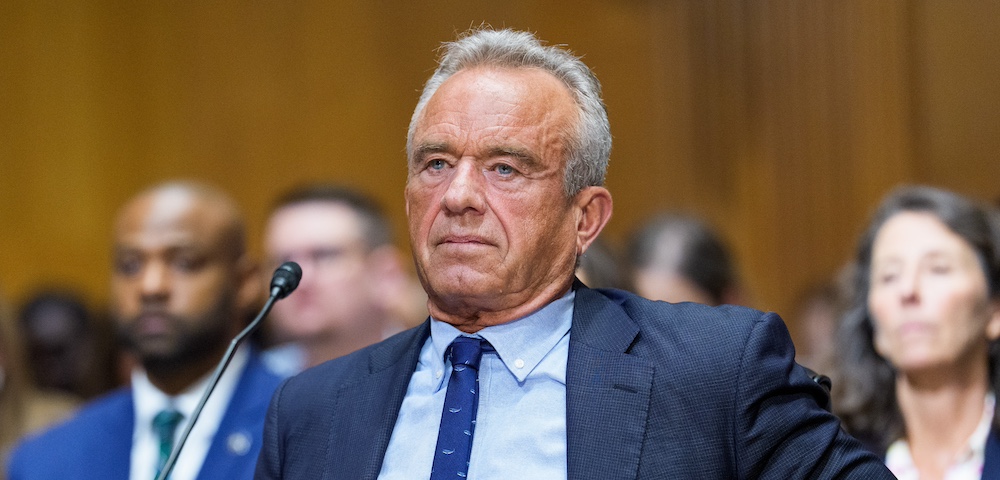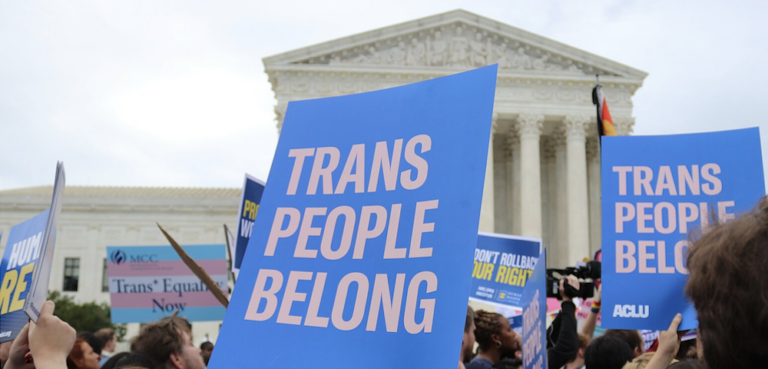
Global HIV Response Suffers Largest Setback In Decades, Says UN
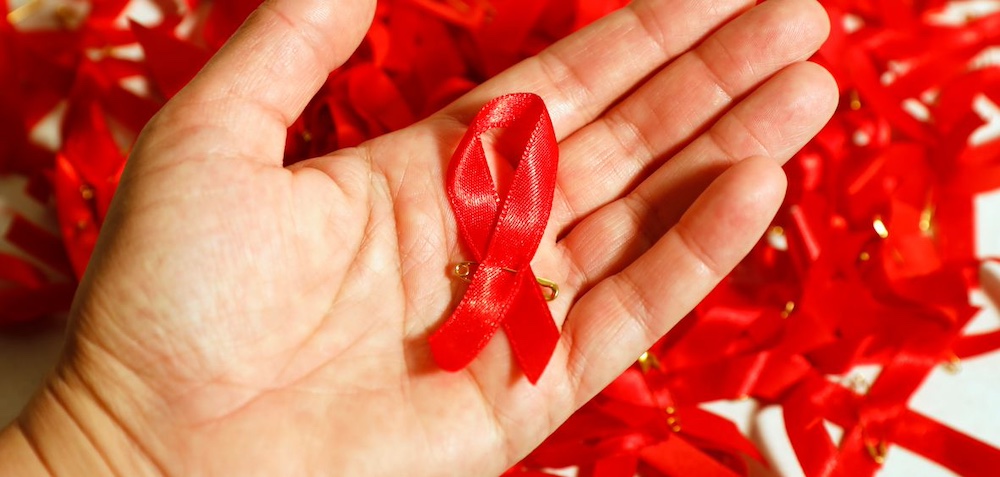
A UN report has warned that the funding cuts to international HIV prevention schemes made since Trump assumed office could see 3.3 million new HIV infections over the next five years.
Released ahead of World AIDS Day on December 1, the report, titled Overcoming Disruption, Transforming the AIDS Response, found that the sudden loss of international HIV funding has deepened existing shortfalls, leading to immediate and severe disruption to health services in low and middle-income countries.
Earlier this year, the United States, which accounted for 75 per cent of international HIV funding, ceased its financial contributions to UNAIDS, plunging the global response to the infection into crisis.
When asked for comment, the White House declared the assessment “totally false”, adding that President Trump had a “humanitarian heart”.
“The Trump administration is simultaneously ensuring all programs funded by American taxpayers align with American interests, just as this president was elected to do,” said spokeswoman Anna Kelly.
Prevention services have been hit the hardest in the crisis, having already been under strain before funding cuts. There have been major reductions in access to medications such as PrEP, and the dismantling of HIV prevention programs designed with and for young women have led to their heightened vulnerability, with 570 new HIV infections every day among young women and girls aged 15—24 globally over 2024.
Community led organisations, which UNAIDS said was the “backbone of the HIV response” have reported mass closures, with over 60 per cent of women-led organisations suspending vital programs.
Services for key populations, such men who have sex with men, sex workers, people who inject drugs and transgender people have also been severely impacted.
“The funding crisis has exposed the fragility of the progress we fought so hard to achieve,” said Winnie Byanyima, Executive Director of UNAIDS.
“Behind every data point in this report are people—babies and children missed for HIV screening or early HIV diagnosis, young women cut off from prevention support, and communities suddenly left without services and care.
“We cannot abandon them. We must overcome this disruption and transform the AIDS response.”
“What we need now is political courage”
The changes come against a background of mounting human rights concerns, with the the number of countries criminalising same-sex sexual activity and gender expression rising for the first time since UNAIDS began monitoring punitive laws in 2008.
UNAIDS estimates there are currently 40.8 million people globally are living with HIV, with 1.3 million new infections reported in 2024, and almost 10 million not accessing treatment.
Prior to the cuts and after decades of struggle, the elimination of AIDS as a global public health threat was on track to be achieved by 2030.
Despite this, a number of countries have committed to increasing their investments in HIV services, with Nigeria, Uganda, Côte d’Ivoire, South Africa, and Tanzania among the 30 countries UNAIDS is working with to accelerate national stability plans.
Prevention technologies, such as twice yearly injections, are also gaining momentum, and could see tens of thousands of new infections in already vulnerable populations avoided.
UNAIDS has urged global leaders to reaffirm global solidarity and the collective commitment to end AIDS together, and to defend bodily autonomy, and sexual and reproductive health as a fundamental human right.
“We know what works—we have the science, tools, and proven strategies,” said Byanyima. “What we need now is political courage. Investing in communities, in prevention, in innovation and in protecting human rights as the path to end AIDS.
“We can allow these shocks to undo decades of hard-won gains, or we can unite behind the shared vision of ending AIDS. Millions of lives depend on the choices we make today.”

